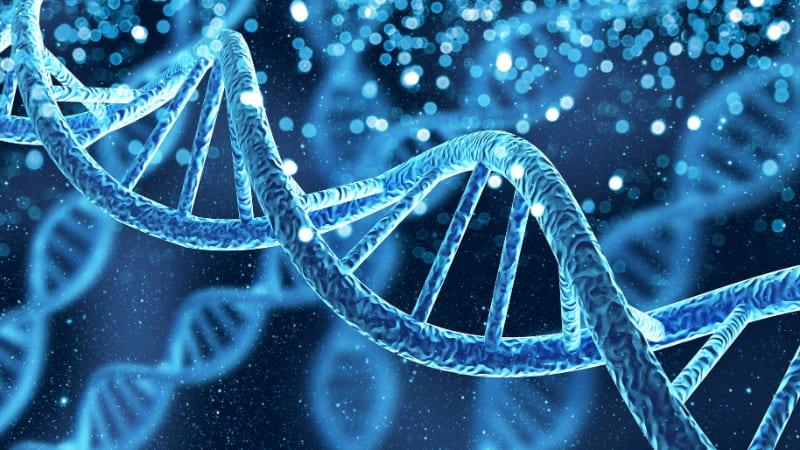
Chronic mucocutaneous candidiasis (CMC)
Chronic mucocutaneous candidiasis (CMC) is characterized by persistent Candida (fungus) infections of the mucous membranes, scalp, skin, and nails, and occurs in several primary immunodeficiency disorders.

The more you understand about primary immunodeficiency (PI), the better you can live with the disease or support others in your life with PI. Learn more about PI, including the various diagnoses and treatment options.

Living with primary immunodeficiency (PI) can be challenging, but you’re not alone—many people with PI lead full and active lives. With the right support and resources, you can, too.

Be a hero for those with PI. Change lives by promoting primary immunodeficiency (PI) awareness and taking action in your community through advocacy, donating, volunteering, or fundraising.

Whether you’re a clinician, researcher, or an individual with primary immunodeficiency (PI), IDF has resources to help you advance the field. Get details on surveys, grants, and clinical trials.

Chronic mucocutaneous candidiasis (CMC) is characterized by persistent Candida (fungus) infections of the mucous membranes, scalp, skin, and nails, and occurs in several primary immunodeficiency disorders.
Chronic mucocutaneous candidiasis (CMC) is characterized by persistent Candida (fungus) infections of the mucous membranes, scalp, skin, and nails. Rarely, the infection may spread to the bloodstream or internal organs. CMC is usually hereditary and presents with persistent oral Candida infections (thrush) soon after birth. Later, the nails and skin become chronically infected. These infections respond to anti-Candida treatment but recur when the treatment stops.
CMC is associated with a selective T cell deficiency to Candida and a few related fungi. Except for this T cell deficiency, patients with CMC have a normally functioning immune system. Despite widespread Candida infection, the most common abnormal laboratory finding is a negative delayed hypersensitivity skin test to Candida antigen.
One hereditary form of CMC is APECED syndrome (autoimmune polyendocrinopathy-candidiasis-ectodermal dysplasia) associated with multiple endocrine problems (for example, hypothyroidism, diabetes, or Addison disease) due to an AIRE gene variant on chromosome 21. However, the CMC in this disease is also partly due to autoantibodies directed against critical Candida-fighting molecules made by the disordered immune system. Several other forms of CMC are due to variants in the gene signal transducer and activator of transcription 1 (STAT1). Other causes of CMC are associated with autoantibodies to critical Candida-fighting molecules and with very uncommon variants in genes such as interleukin 17. Treatment requires lifelong antifungal medicines.
Read the latest research on chronic mucocutaneous candidiasis on PubMed. Note that not all publications listed in PubMed are freely available; some require a subscription to the publishing journal.
Browse researchSee if you qualify to participate in clinical trials evaluating new treatments and/or diagnostics for chronic mucocutaneous candidiasis.
Some patients with less common cellular immunodeficiencies may have severe immunodeficiency with early onset and significant morbidity and mortality, while others have only mild problems. Patients with these types of deficiencies have some defect in their T-cell (cellular) immune system, resulting in a different spectrum of infection problems than those individuals with typical antibody deficiency. These include deep-seated bacterial infections, viral and fungal infections, tuberculosis, and other mycobacterial infections. Cellular immunodeficiencies are usually more difficult to treat and may need cellular reconstitution via hematopoietic stem cell transplantation or, perhaps, gene therapy.
This page contains general medical and/or legal information that cannot be applied safely to any individual case. Medical and/or legal knowledge and practice can change rapidly. Therefore, this page should not be used as a substitute for professional medical and/or legal advice. Additionally, links to other resources and websites are shared for informational purposes only and should not be considered an endorsement by the Immune Deficiency Foundation.
Adapted from the IDF Patient & Family Handbook for Primary Immunodeficiency Diseases, Sixth Edition.
Copyright ©2019 by Immune Deficiency Foundation, USA
Receive news and helpful resources to your cell phone or inbox. You can change or cancel your subscription at any time.





The Immune Deficiency Foundation improves the diagnosis, treatment, and quality of life for every person affected by primary immunodeficiency.
We foster a community that is connected, engaged, and empowered through advocacy, education, and research.
Combined Charity Campaign | CFC# 66309
